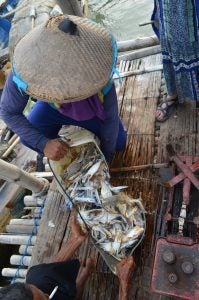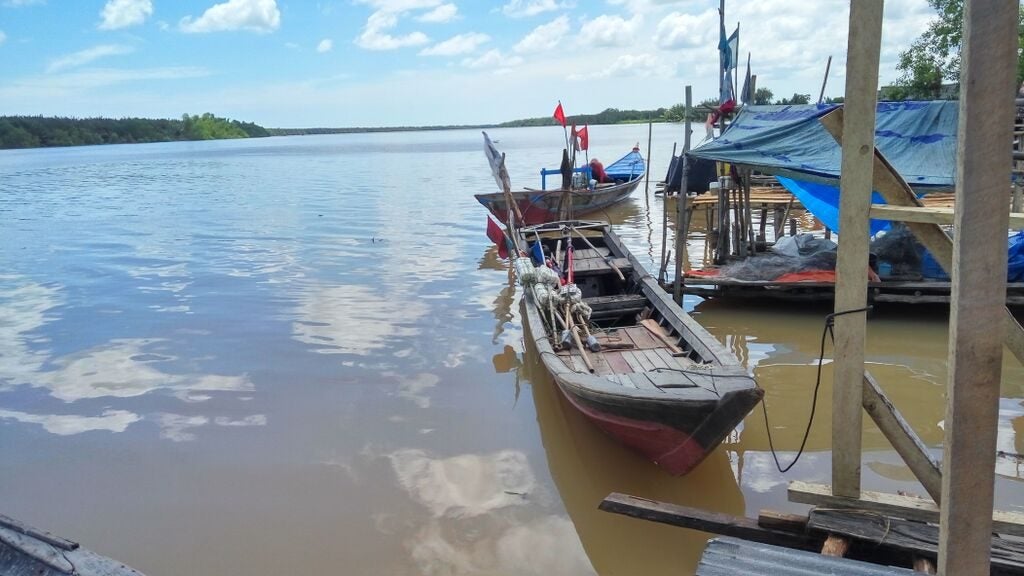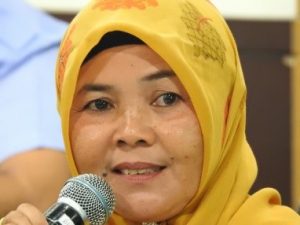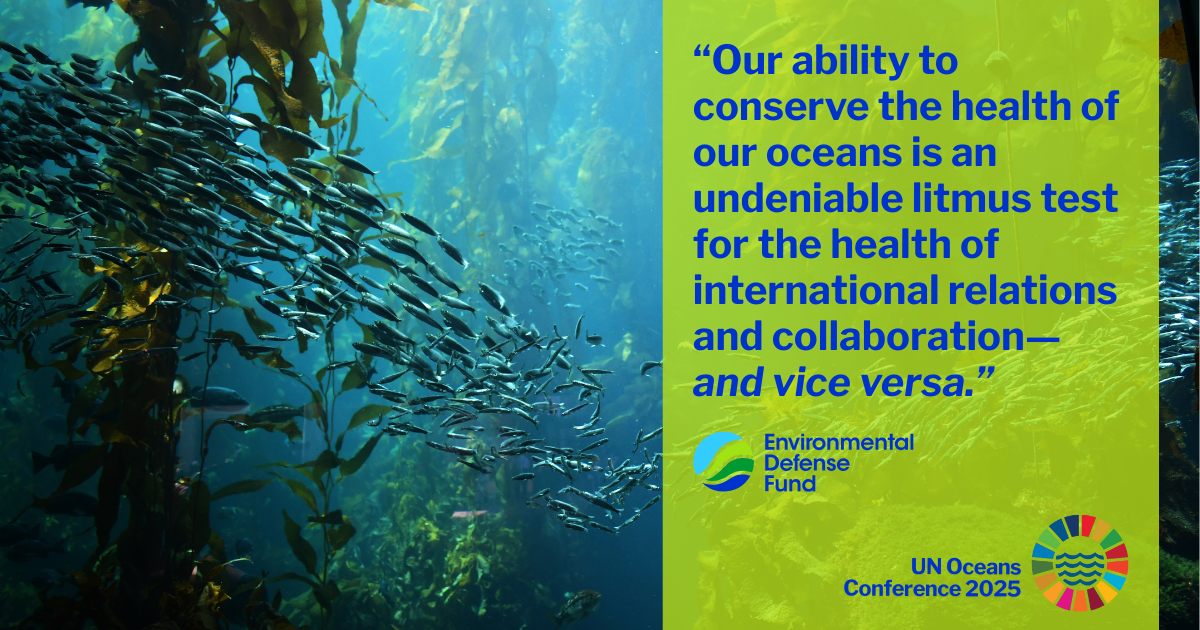Indonesia advances sustainable fishing
In my 20 years working with fishery stakeholders in the United States, I saw time and again that good things happen when we band together to solve difficult problems.
I’m seeing it again now, in Indonesia, where I’ve been working as part of a team with local stakeholders to reshape their community fisheries.
In Indonesia’s Lampung Province, a collaborative effort to reform the local blue swimming crab fishery is not only leading to new protections for crab populations and habitat, and the communities that depends on them, but could also serve as a model for reform in other small-scale fisheries in Indonesia and around the world.

Two million Indonesian fishers and millions of others rely on the coast for their food and livelihoods. More than half of the nation’s animal protein comes from seafood. The country is one of the world’s largest seafood producers and exporters, and blue swimming crab is among its most important species, generating more than $300 million of economic activity a year.
The problems facing the crab fishery in the Lampung Province are familiar across Indonesia and beyond. Coastal waters are “open acess” where all small Indonesian boats are allowed to catch as many fish or crabs as possible. Spikes in demand for a popular seafood species and a lack of fishing rules urge fishers to gear up and deplete the fish population, sometimes in just a few years. When the supply chain moves on to a new place or a popular new species, communities and fish populations are left reeling.
Over the last few years, EDF has worked as part of a coalition here including local fishers, seafood buyers and government officials, to chart a science-based course and build the necessary institutions and stakeholder ability to improve how the blue swimming crab fishery is managed to respond to these cycles and sustain it for the future. As part of the coalition, we helped establish biological goals for the species and economic goals for the community. We instilled a focus on solid information and data and helped develop innovative ways to collect it. The process resulted in a new understanding about the fishery’s economic importance and the need for everyone – from the fishers on the water to government policy makers – to work together to sustain this critical fishery.
It also resulted in a new management plan for blue swimming crabs, which includes marine protection zones to reduce harvest of immature crabs, limiting fishing gear that can damage habitat, providing training to meet high seafood quality standards, and managing access to coastal fishing grounds. All of these are fair and straightforward rules that begin to sustain the health of the fishery and ensure that that local fishers will benefit from the conservation practices they implement.
The plan not only makes a sustainable crab fishery possible, it serves as a timely example to other provinces across the nation who gained authority over fish resources in coastal waters a few short years ago. What was accomplished and learned in Lampung can be replicated and help shape what happens across the country and in small-scale fisheries around the world.
Interestingly, this collaborative process also sparked involvement beyond the confines of the “management plan.” While this process was underway, for example, members of the coalition learned that the provincial government was about to zone some crab fishing areas for sand mining – digging up sand from Lampung and moving it to Jakarta. Mrs. Yanti—local crab buyer, community leader, and member of the working group–and other stakeholders provided their data and information during the government’s public hearing process that the mining activity would threaten crab habitat and more than 5,000 local jobs that depend on it. The government moved the mining zones, and the threat was avoided.
You never know where inspired action will lead to. But what I learned in the United States is true in Indonesia and everywhere else EDF is working: when you engage the people who have the most riding on a lasting solution, remarkable things can happen.














